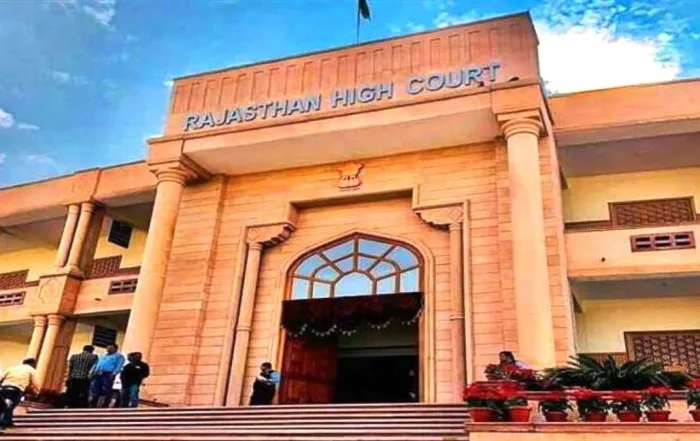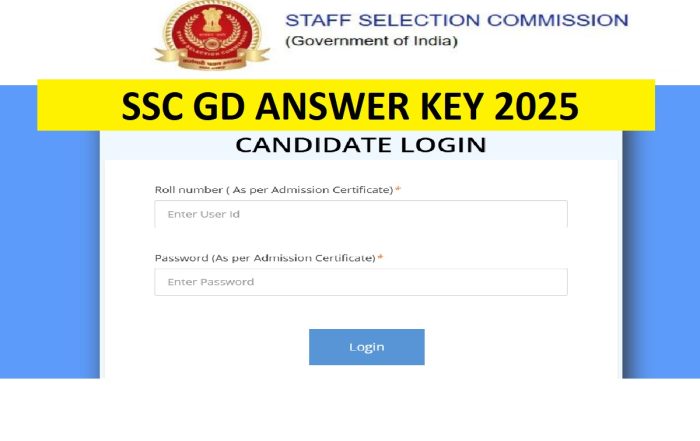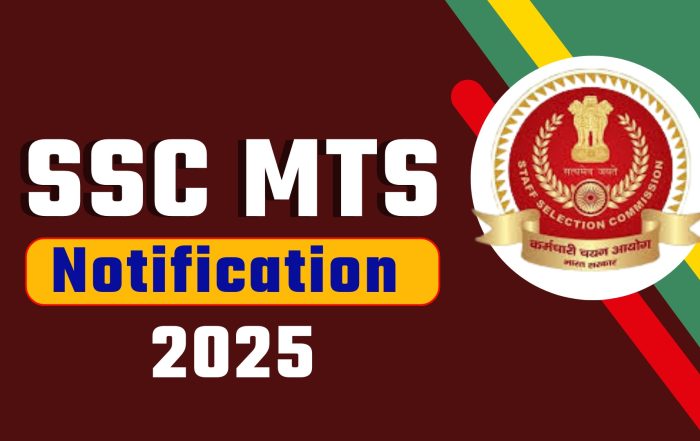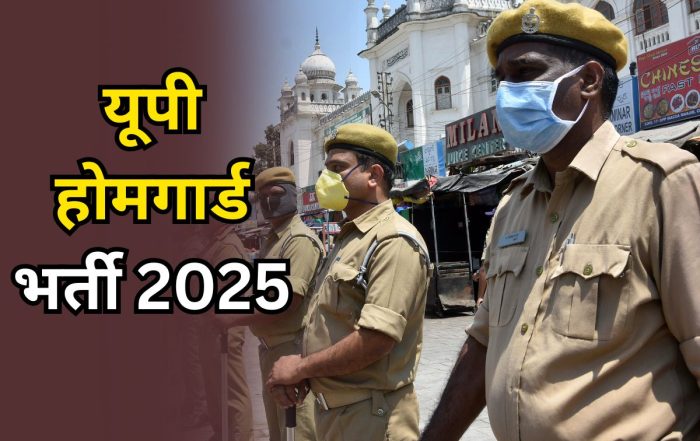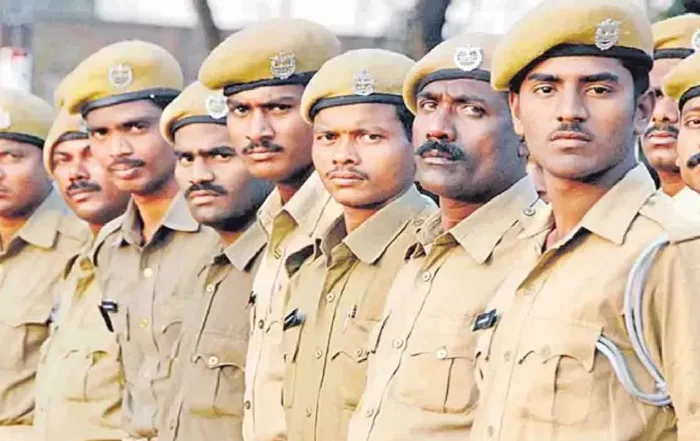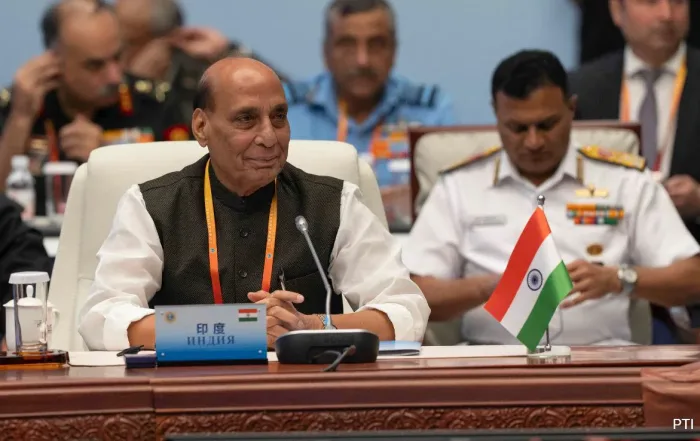RECENT POSTS
Rajasthan High Court Recruitment 2025: 5,728 Grade IV (Peon & Driver) Vacancies Announced
The Rajasthan High Court has released a massive recruitment notification for Grade IV posts, offering a golden chance for aspirants looking for government jobs in Rajasthan. A total of 5,728 vacancies are available, including 5,670 [...]
Telangana Chemical Factory Blast: 12 Dead, Dozens Injured in Sangareddy District Explosion
A devastating explosion followed by a massive fire at a chemical factory in Telangana’s Sangareddy district has claimed 12 lives and injured over 30 others, according to Telangana Minister Damodara Raja Narasimha. Fire at Sigachi [...]
Parag Jain Appointed as New RAW Chief: Brings Decades of Intelligence Experience
In a major development, the Narendra Modi-led government has appointed Parag Jain, a 1989-batch IPS officer from the Punjab cadre, as the new Secretary of the Research and Analysis Wing (RAW). Jain will officially assume [...]
SSC GD 2025 Final Answer Key Released for 39,481 Government Vacancies – Download Now
The Staff Selection Commission (SSC) has officially released the final answer key for SSC GD Constable 2025 on June 28, 2025. Candidates who took the exam can now access the final answer key and their [...]
SSC MTS Notification 2025 Released for 11,908 Posts at ssc.gov.in – Apply Online Now
The Staff Selection Commission (SSC) has officially released the SSC MTS Notification 2025 on its new website, ssc.gov.in. This year, the recruitment drive aims to fill a total of 11,908 vacancies, including 10,210 Multi-Tasking (Non-Technical) [...]
Rath Yatra 2025: Puri Welcomes the Divine Journey of Lord Jagannath and Siblings | Dates, Route, and Key Highlights
The sacred city of Puri is all set for one of the most anticipated Hindu festivals of the year — Jagannath Rath Yatra 2025, also known as the Chariot Festival or Shree Gundicha Yatra. Celebrated [...]
UP Home Guard Recruitment 2025: 44,000 Vacancies Expected Soon – Check Eligibility, Selection Process & Required Documents
📢 Great News for Job Seekers in Uttar Pradesh! Youth preparing for government jobs in Uttar Pradesh have reason to celebrate. The UP government is expected to launch the recruitment drive for nearly 44,000 Home [...]
Defence Minister Rajnath Singh Rejects SCO Joint Statement Over Omission of Pahalgam Terror Attack
In a decisive move underscoring India’s firm stance against terrorism, Defence Minister Rajnath Singh refused to sign the Shanghai Cooperation Organisation (SCO) Defence Ministers' joint statement during the meeting held in Qingdao. His decision came [...]
SBI PO 2025 Application Live Now! Check Fees, Dates, Eligibility & Apply at sbi.co.in
The State Bank of India (SBI) has kickstarted the much-anticipated recruitment drive for Probationary Officers (PO) 2025. If you’ve been dreaming of a career in banking, this is your chance to join one of the [...]
Shubhanshu Shukla: India’s First Astronaut to the ISS – Biography, Career & Historic Space Mission
“Namaskar, my dear countrymen. I carry the dreams of 1.4 billion Indians.” Who is Shubhanshu Shukla? Group Captain Shubhanshu Shukla is an Indian Air Force officer and test pilot selected by ISRO as one of [...]

